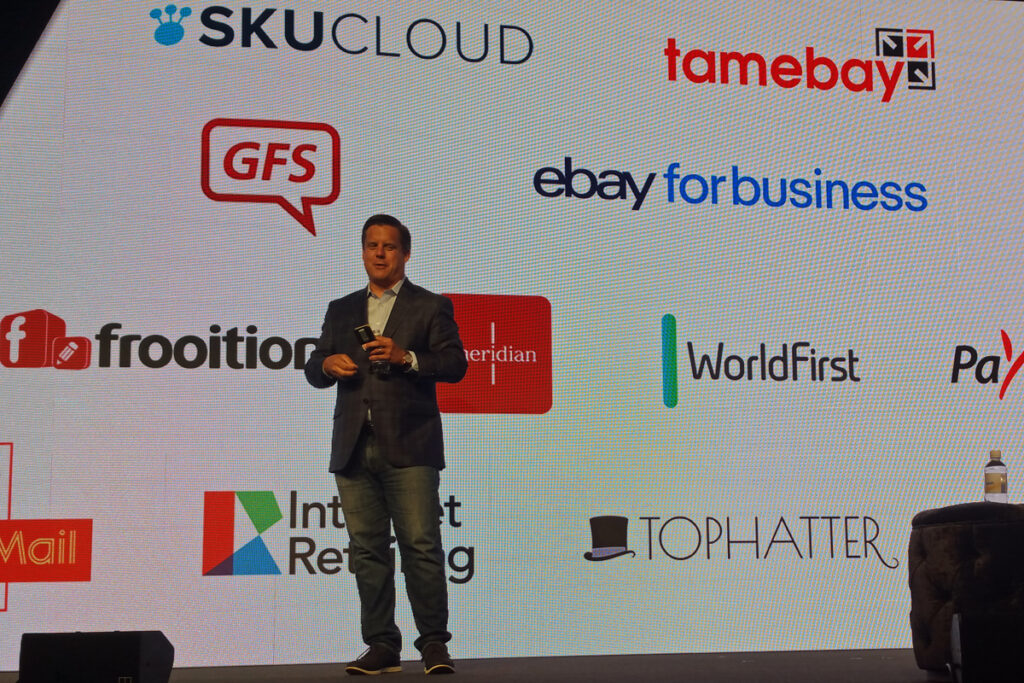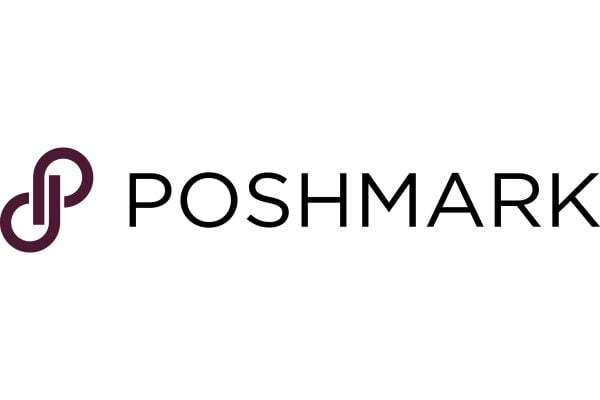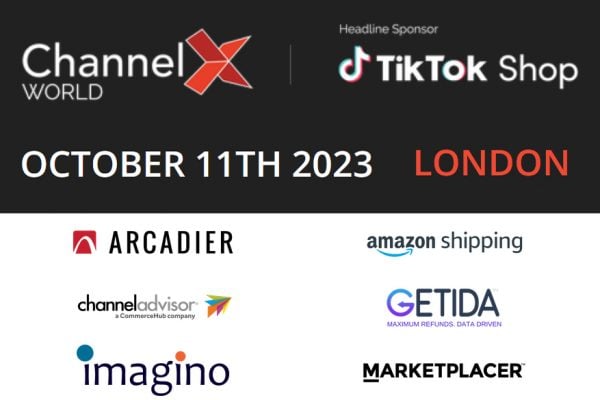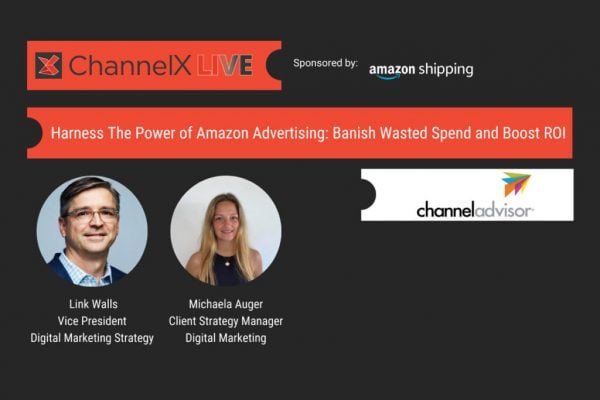David Spitz opened ChannelAdvisor Catalyst talking about growth around the world. Mobile commerce is growing at 40% on Amazon in the UK and two thirds of sales on Alibaba are touched by mobile. Alibaba drive half a trillion dollars in sales and are still growing at 40% each year. If you don’t have plans on selling into China, David points out that it’s a great market to forecast how mobile commerce will be driven in the UK.
Amazon
A huge chunk of David’s opening keynote focused on Amazon – not surprising when you did into the stats and realise that Amazon now drives 55% of all US ecommerce growth and in the UK it’s 27% according to David, if you’re not on Amazon then you’re missing out on the fastest growing and biggest sector of online sales. He points out that logistics is the next major battlefield and the way retailers can differentiate their business – perhaps with partnerships rather than building your own network.
There’s an interesting dynamic in retail – the more ecommerce Amazon drives the tougher the environment for high street retailers. Retailers (e.g. BHS) are going bust which leaves an excess of expensive retail units. Investors of shopping malls are walking away and as they close down it leaves less places for shoppers to go shopping so they go online, often to Amazon and the flywheel effect speeds up.
How Amazon attack ecommerce
Amazon attack price and selection – with their one retail business accounts for about half of Amazon’s business – about 13,000,000 SKUs and with their marketplace business which covers 350,000,000 SKUs. Amazon have just about anything a consumer could want to buy. Amazon keep selling direct on popular products to give them control of the price, by being the merchant of record they can use their purchasing power to keep prices low and leave 3rd party sellers to fill out the long tail products (which is the more profitable side of the business for Amazon as they never touch the product unless it’s in FBA.
An interesting stat is that Chinese sellers are growing rapidly with as much as one in four products sold on Amazon in Europe coming from Chinese sellers.
Prime and FBA
There are now around 65 million Amazon Prime members, which probably means they’re looking for FBA eligible shipments. Amazon really wants to deliver on their promise of selection, value and convenience and so once they’d perfected their logistics model they started to offer it to third party sellers. FBA has been a huge success – almost too successful which is why they’re madly building out warehouse capacity, last year they doubled FBA shipments from 1 billion to 2 billion world wide. Amazon accounted for more than a quarter of all warehouse space rented in the UK last year. Even if you choose not to use FBA, you need to start looking at your logistics and start figuring out how to streamline them… otherwise buyers will simply leave you and shop at Amazon.
The future
David looks to the future and forecasts that Amazon are starting to control the supply chain from the manufacturer to the consumer. If you’re in the middle then your life is going to get tougher. Arbitrage dealers who add no real value are already a rapidly declining species, online dealers who simply buy and sell should take note, unless they can add value, what’s to stop Amazon going directly to your wholesaler or manufacturer and cutting you out of the loop?
Just as online retail has disrupted the high street, Amazon are likely to disrupt what’s become traditional ecommerce
David Spitz made Five Predictions for the future of Amazon and ecommerce
- Amazon will follow Alibaba’s trajectory and drive the majority of UK ecommerce
- China-sourced products will account for the majority of Amazon’s unit volume
- 20% of Amazon’s sales volume will be from Amazon private label products
- Amazon will develop and monetise a global logistics network
- Ad spend on Amazon will rival ad spend on search engines
What can you do to survive?
Build a brand. If you’re importing own label product then get it branded and use Amazon Brand Registry. If you’re a retailer ensure that you get an agreement in place to become an authorised retailer to avoid waking up one day to find your Amazon account suspended.
Don’t forget that Amazon still only have a chunk of ecommerce – it’s a big chunk, but other marketplaces are out there – eBay in the UK and a host of others across Europe and the rest of the world. Diversifying to protect your business is essential. There was once a time online retailers worried that an eBay suspension would kill their business – today the danger is an Amazon suspension so spreading the risk is essential.
ChannelAdvisor new features to support sellers
ChannelAdvisor have added features to help their customers do this – they now support first party selling on Amazon (becoming an Amazon Retail supplier), they added drop ship and now support more marketplaces then ever. To help retailers compete with FBA, ChannelAdvisor support just about every shipping service available. ChannelAdvisor also have a broader range of digital marketing (advertising services) such as Amazon ads and Google Local Inventory ads. ChannelAdvisor also have social ads for Facebook and Instagram and repricers for eBay, Amazon and other marketplaces.









